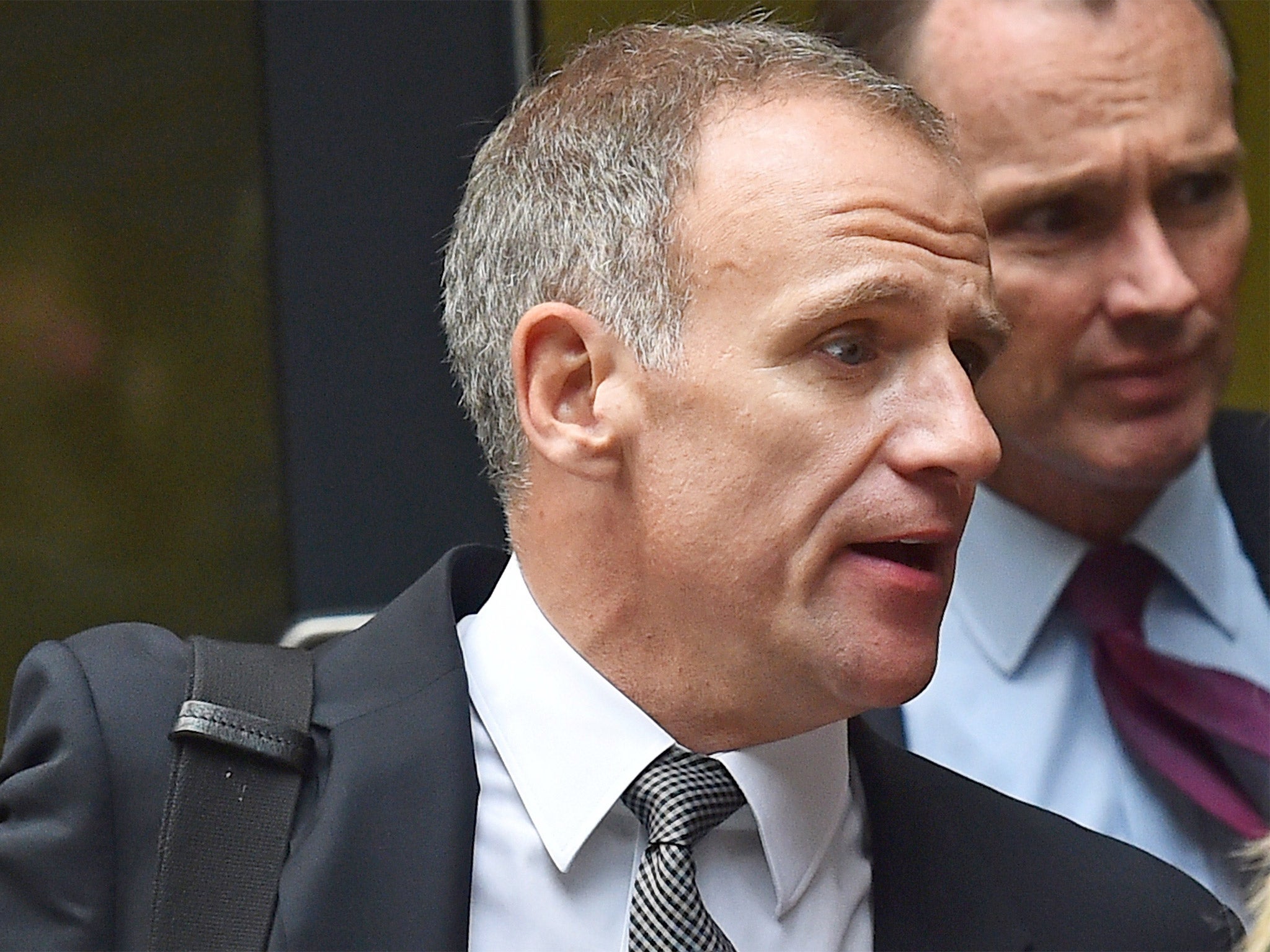What difference has a year under new leadership made for Tesco?
When Dave Lewis took the helm 12 months ago, he had to quickly deal with scandals over its accounts, supplier dealings and stagnating sales. Alex Lawson looks at the changes he has made and how effective they have been

“The most important thing is that we all focus on being on the top of our game. We need to keep it simple and customer-focused.” The words of Tesco chief executive Dave Lewis rang out loud when, with the retailer’s corporate reputation in tatters last September, he was rushed in a month early. As he prepares to celebrate his first anniversary at the helm of Britain’s largest retailer, he has much to reflect on.
In those first few weeks in charge, Mr Lewis held an informal dinner with journalists at the boutique Zetter Townhouse hotel in London. He talked of how he was of cancelling family holidays and living in a hotel near Tesco’s Cheshunt, Hertfordshire headquarters as he got to grips with the seismic challenge facing him.
A year later and he’s travelled across the globe to put Tesco’s ever diminishing overseas empire under the microscope, made a string of brutal strategic decisions, and is shutting the Cheshunt operation down.
Mr Lewis was a surprise choice to turn around Tesco. Despite his vast experience in consumer goods at Unilever, he’d never run a stores business before. That raised eyebrows, not least as he was the first “outsider” to lead Tesco since it was founded by Jack Cohen in 1919. Described by one retail analyst as “calm, considered, considerate and steely”, he earned the nickname “Drastic Dave” at Unilever after slashing jobs as he rose through the ranks, marketing the likes of Dove soap and Cornetto ice creams.
On arrival at Tesco, he had barely put his briefcase down before discovering a hole in its profit forecasts as its reliance on income from supplier payments for everything from marketing to shelf positioning was laid bare amid stagnating sales growth.
Promises were made to reform, and it quickly emerged that his first priority was to make vigorous cuts. His disgraced predecessor, Phil Clarke, had already pulled Tesco out of Japan and the US and Mr Lewis has followed his lead, selling its Blinkbox entertainment arm; slashing up to 10,000 positions and shutting stores; closing down Cheshunt and putting its £1bn Clubcard data business Dunnhumby and its South Korean arm up for sale. A new deal is reportedly on the table with staff to end its costly defined-benefit pension scheme, worth £3bn.
So has he impressed? “Mr Lewis has brought control to a business that was hitting the buffers at pace,” says Shore Capital’s analyst Clive Black, who says it could take four to five years to bring Tesco back to full health. “On balance-sheet work, so much has to be seen through including what appears a delayed Dunnhumby sale, a purported Korean disposal and further work on property and pensions.”
So far, Mr Black awards the retail boss 7.5 out of 10, and the City has generally warmed to Mr Lewis’ decisive style. However, this has failed to prevent a fall in the share price from 225p on joining to 186.2p yesterday, hit by the accounting scandal and lacklustre recent trading figures – its market share hit a 10-year low of 28.8 per cent as sales fell by 0.9 per cent in the 12 weeks to 16 August, Kantar Worldpanel reported this week.
In the stores, Mr Lewis has chopped back product lines and cut the cost of its loyalty programme. It also costs online shoppers more to have shopping delivered, an expensive practice.
When he started he claimed: “In our DNA we have always been the customers’ champion and we will be again.” But Danielle Pinnington, managing director of the research group Shoppercentric, believes his impact is yet to show through. “Customers are still waiting to see real change from initiatives like range rationalisation,” she says.
As for Mr Lewis’ promised improvement in supplier relations (by slimming down the ways in which it makes money from them) there is a mixed picture. Several suppliers report an improvement in dealing with buyers, inspired by Mr Lewis’ “softer” approach.
However, the old image of Tesco as the biggest and strongest remains. “The fact is an awful lot of suppliers still rely heavily on Tesco and can’t afford to upset them. The fees at the heart of the accounting problems have reduced, but other marketing costs are being asked for. Trading with the discounters is far simpler – you’re given a price and told it’s take it or leave it.”
With many of the huge cuts to its business now in play, the City will be looking for a more concrete strategy for Tesco’s struggling core business, including its ailing out-of-town shops. Next month, Mr Lewis will present the grocer’s interim results. Few will expect a rocket in sales momentum, but this could well change as a price war heats up ahead of Christmas. However, with Mr Lewis more reticent to present to the media of late and everything in the group’s disparate array of interests under review, the City is braced for more drastic changes.
Subscribe to Independent Premium to bookmark this article
Want to bookmark your favourite articles and stories to read or reference later? Start your Independent Premium subscription today.

Join our commenting forum
Join thought-provoking conversations, follow other Independent readers and see their replies